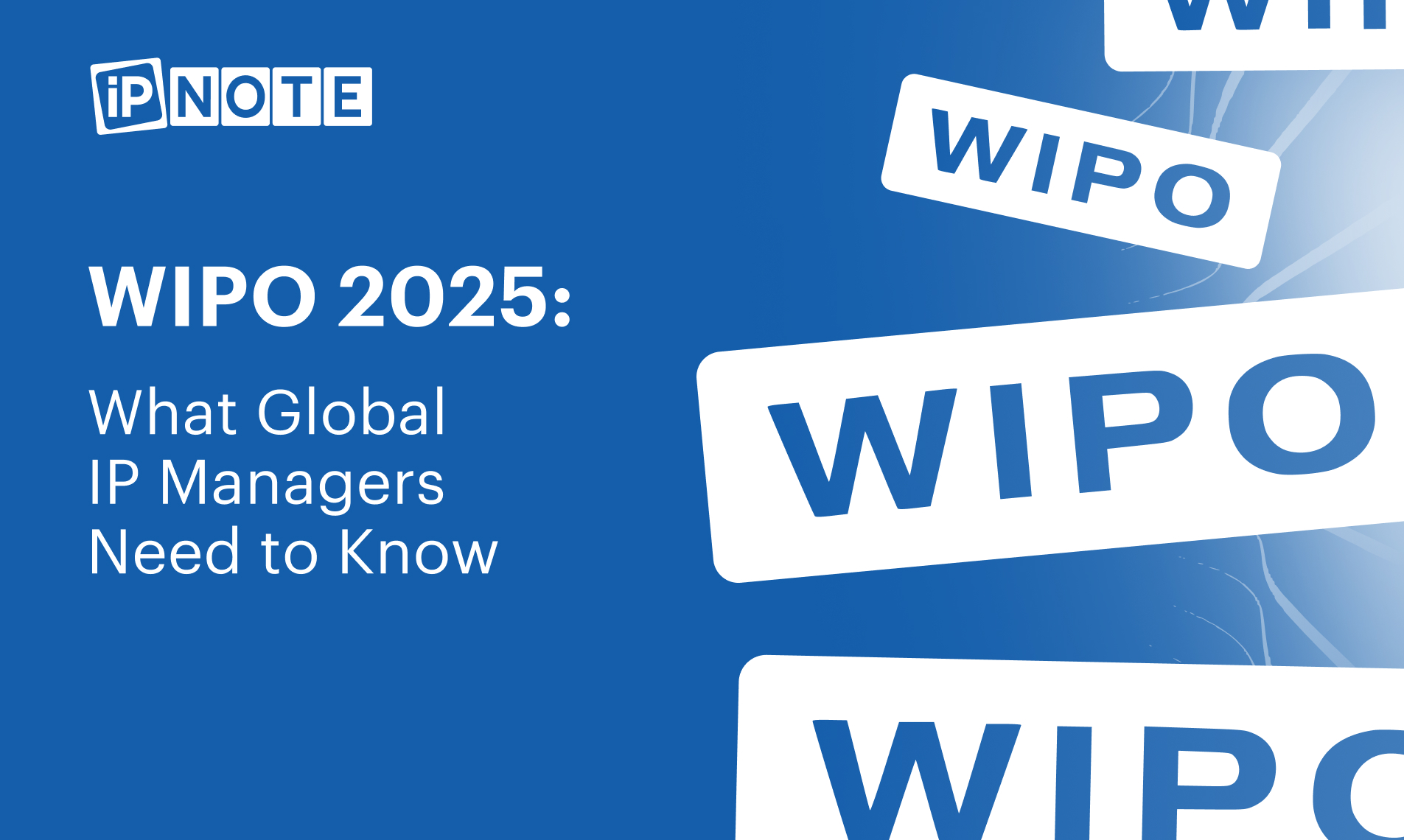The July 8–17, 2025 WIPO General Assembly was the largest in the organization’s history, gathering over 1,600 participants. While such meetings are often seen as formal, this year’s decisions carry real implications for companies managing large international IP portfolios.
The Concerns of Global Companies
For corporate IP managers, the risks are clear. There is always the fear of missing crucial regulatory changes that could impact strategy, or of treating WIPO announcements as purely formal while overlooking how they reshape day-to-day operations. Many teams worry about failing to update budgets or internal processes in time, losing opportunities to align with new standards. Others are skeptical whether recommendations are relevant for corporations with thousands of filings rather than only for smaller players.
What Changed in 2025
PCT Updates
As of July 1, 2025, a new wave of PCT rule amendments took effect. These are not cosmetic: the ePCT platform has been upgraded with improved interfaces, smarter notification systems, and streamlined workflows. For large portfolios, the practical benefit is faster processing and fewer administrative errors.
Madrid System Developments
WIPO also launched eMadrid (beta), the new platform for managing international trademarks. Starting in September 2025, eMadrid will become the default system. The interface is simpler, processes are more transparent, and transactions are significantly faster.
Another key update concerns individual fees. Countries including Singapore, Korea, India, and Turkey announced adjustments. For example, Singapore increased fees for both applications and renewals, while Korea reduced them. These shifts can alter the cost dynamics of filing strategies, especially for corporations operating across multiple jurisdictions
Fee Changes from July 2025 Onward (in CHF)

Broader Trends in IP
WIPO’s Director General highlighted structural shifts in the global IP landscape. Intangible assets now drive value creation: investment in intellectual property, brands, and data grows four times faster than investment in physical assets. One-third of all patent applications involve digital technologies such as AI, quantum computing, IoT, and cybersecurity. Notably, many innovations come from emerging economies, signaling intensified competition.
Another trend is geographic. Around 70% of IP applications now originate from Asia, Africa, and Latin America. Intellectual property is increasingly seen as an engine of economic development, not merely a legal shield. Discussions also touched on financing IP, standard essential patents, and the role of IP in sustainable development.
What Companies Should Do Now
Corporations should act quickly rather than wait for September deadlines. For patents, integrating the new PCT rules into workflows and training teams on ePCT upgrades will be crucial. Monitoring Ethiopia’s accession to the Paris Convention in August 2025 also matters for long-term portfolio planning.
For trademarks, companies should transition to eMadrid now to avoid disruptions. Testing the system, adapting workflows, and training staff will ensure a smooth switch. At the same time, budget managers must assess the impact of fee changes in priority jurisdictions and adjust filing strategies accordingly.
Beyond operational shifts, companies need to rethink their IP strategies in light of the global trends. Asset valuation, licensing, and commercialization are no longer peripheral but central to business growth. Participation in WIPO forums on IP financing, sustainable development, and standard essential patents may also offer access to valuable partnerships and new financial tools.
How iPNOTE Helps Companies Stay Ahead
With iPNOTE, corporate IP teams gain automation and centralized control, ensuring that no deadlines or status updates are ever missed across jurisdictions. The platform is offering seamless support when procedures or fee structures change. For companies managing large portfolios, iPNOTE delivers clear advantages: greater transparency, significant time and budget savings, and a drastic reduction in manual, routine work.
Conclusions and Recommendations: What Companies Should Do Now
The outcomes of WIPO’s 2025 General Assembly mark an important turning point for corporate IP management. Digital transformation, shifting fee structures, and new tools such as ePCT and eMadrid will directly impact how global portfolios are administered. Waiting until the new systems become mandatory is risky: companies that prepare early will enjoy smoother transitions, fewer compliance issues, and better control over budgets.
What you should do now:
- Integrate the new PCT rules into your workflows and train your team on ePCT updates.
- Begin working in eMadrid (beta) to avoid disruptions when it becomes the default system in September 2025.
- Review the updated fee structures for Singapore, Korea, India, Türkiye, and other jurisdictions, and adjust your filing budgets accordingly.
- Reassess your portfolio strategy in light of broader IP trends — digital technologies, globalization of filings, and the rising importance of intangible assets.
Leverage platforms like iPNOTE to automate monitoring, centralize control, and reduce manual overhead.
By acting now, companies can not only minimize risk but also unlock new opportunities to optimize their IP strategies for the years ahead.






